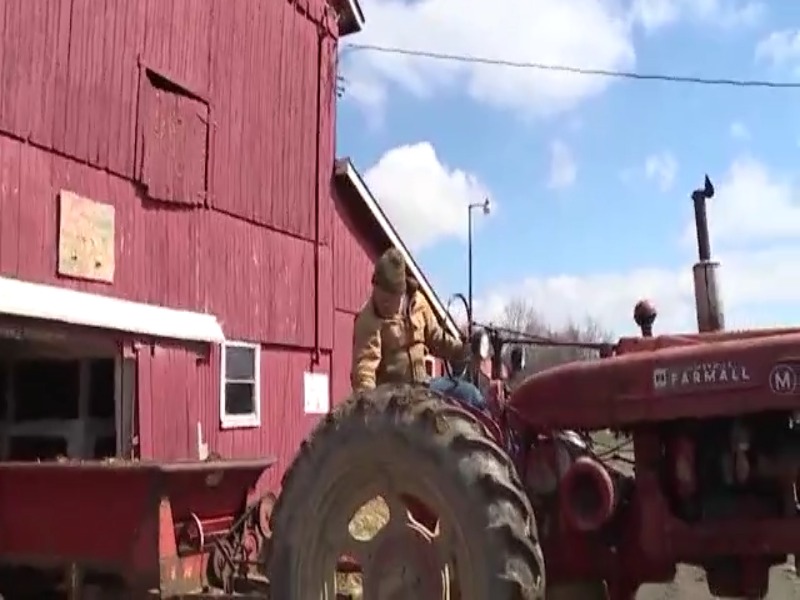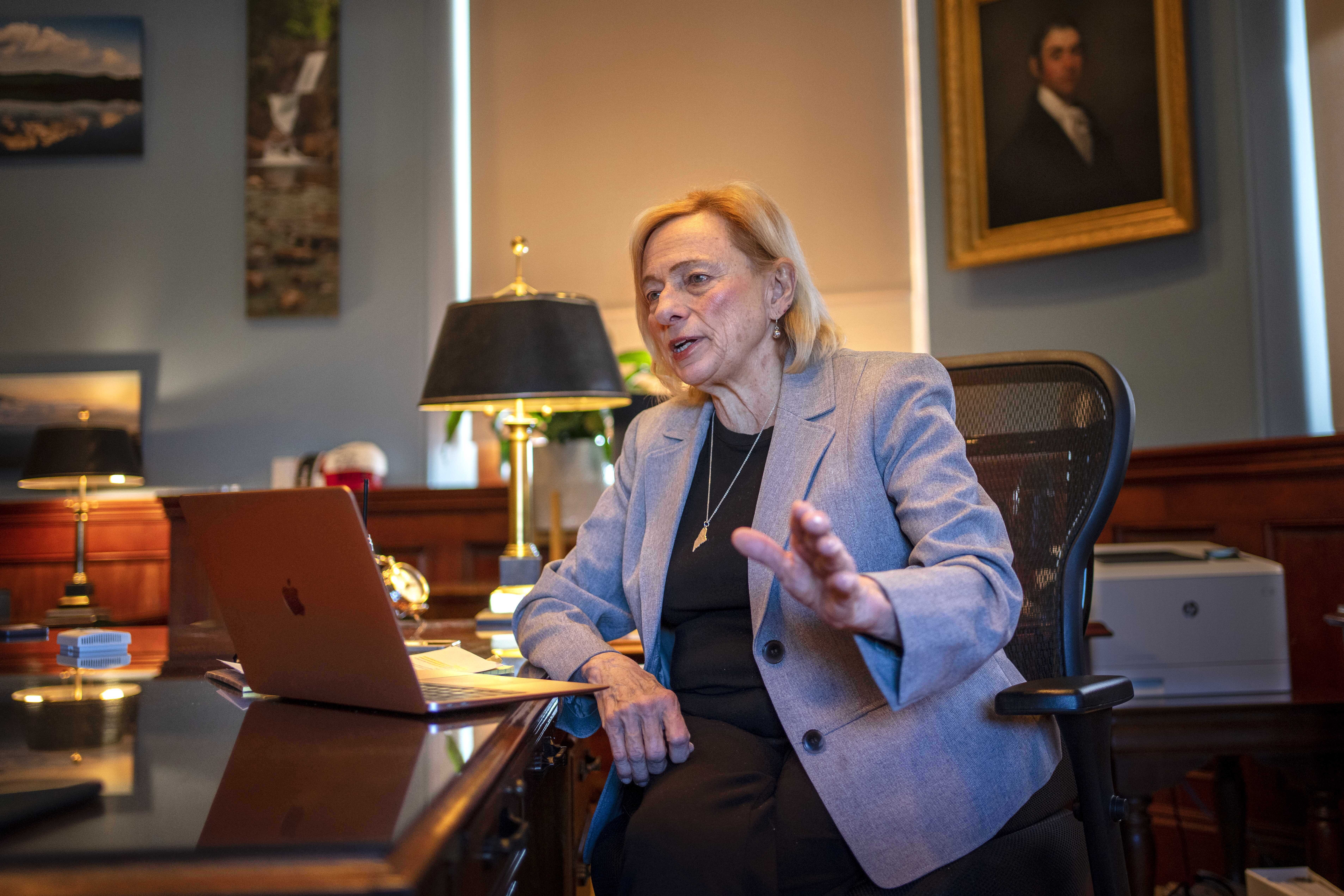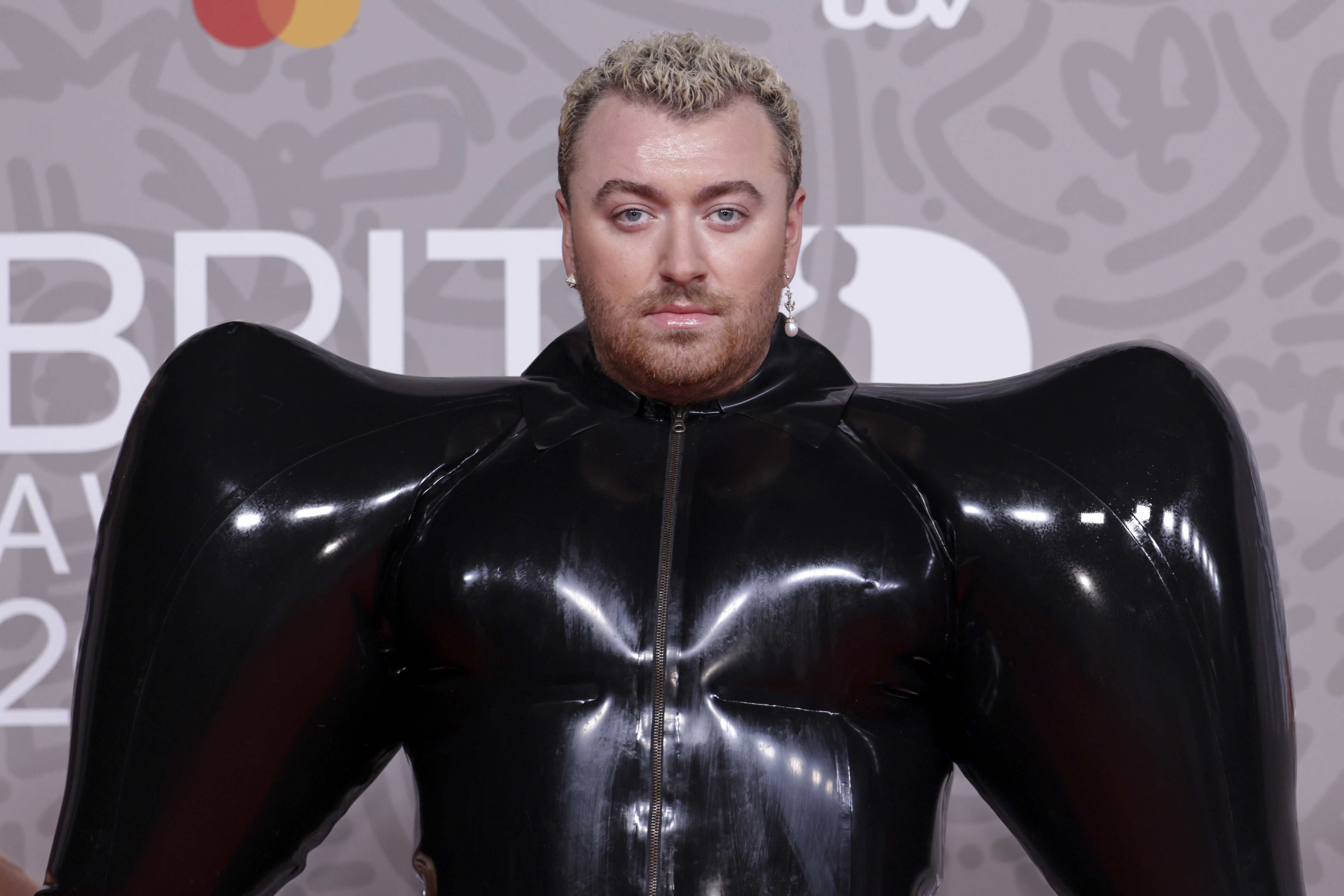Weekdays at 12 p.m. PST, we’ll be streaming the latest updates on the coronavirus outbreak utilizing our newsrooms across the country. If you miss the live report, you’ll be able to see a replay minutes after the stream ends.
Setting the stage for a possible power struggle with President Donald Trump, governors around the U.S. began collaborating on plans Tuesday to reopen their economies in what is likely to be a drawn-out, step-by-step process to prevent the new coronavirus from rebounding with disastrous results.
Dr. Anthony Fauci, the U.S. government’s top infectious disease expert, said the U.S. does not yet have the critical testing and tracing procedures needed to begin reopening the nation’s economy, adding a dose of caution to increasingly optimistic projections from the White House.
“We have to have something in place that is efficient and that we can rely on, and we’re not there yet,” Fauci said in an interview with The Associated Press.
In parts of Europe where infections and deaths have begun stabilizing, the process was already underway. Certain businesses and industries have been allowed to reopen in a calibrated effort by politicians to balance public health against their countries’ economic well-being.
Here are some of Tuesday’s top stories on the world’s coronavirus pandemic:
WHAT’S HAPPENING TODAY:
— Beaten down by the coronavirus outbreak, the world economy in 2020 will suffer its worst year since the Great Depression of the 1930s, the International Monetary Fund says in its latest forecast. The IMF said Tuesday that it expects the global economy to shrink 3% this year — far worse than its 0.1% dip in the Great Recession year of 2009 — before rebounding in 2021 with 5.8% growth. It acknowledges, though, that prospects for a rebound next year are clouded by uncertainty.
— The coronavirus is spreading in jails and detention centers, with more than 70 detainees in 12 states infected and hundreds of others under quarantine. Migrants say they need more masks, cleaning supplies and space for social distancing. The government says it’s reducing the number of detainees to slow the spread of the virus.
— For years, financial inequality has widened in the United States and elsewhere as wealth and income have become increasingly concentrated among the most affluent while millions struggle to get by. Now, the coronavirus outbreak has laid bare the human cost of that inequality, making it more visible and potentially worse.
— The $2.2 trillion federal rescue package could fail to deliver badly needed financial aid to thousands of smaller cities and counties where a majority of Americans live, according to documents and interviews with local officials. The coronavirus outbreak has blown holes in the budgets of communities as the costs of battling the outbreak skyrocket and critical sources of revenue like sales and income taxes plummet.
— Brazilian President Jair Bolsonaro and his health minister are in open conflict over the country’s coronavirus response, leading many to worry that the far-right leader could soon fire the official who has played a major role in containing the outbreak. The public battle between a president notorious for his polarizing remarks and the more measured doctor has reminded many of a similar tug of war taking place in the United States, between President Donald Trump and his chief virus expert, Dr. Anthony Fauci. It has also raised concerns that efforts to prevent the spread of the virus in Latin America’s largest country could veer off track.
— China has been criticized in the West for its early mishandling of the health crisis due to politically motivated foot-dragging. Now it is seeking to change perceptions through what has been dubbed “mask diplomacy.” That’s a combination of soft power policy, political messaging and aid shipments designed to portray Beijing as a generous and efficient ally. That message has found fertile ground in places like Serbia and Hungary, whose leaders nurture close ties with Beijing and Moscow.
___
WHAT YOU NEED TO KNOW:
For most people, the coronavirus causes mild or moderate symptoms, such as fever and cough that clear up in two to three weeks. For some, especially older adults and people with existing health problems, it can cause more severe illness, including pneumonia and death. The vast majority of people recover.
Here are the symptoms of the virus compared with the common flu.
One of the best ways to prevent spread of the virus is washing your hands with soap and water. The U.S. Centers for Disease Control and Prevention recommends first washing with warm or cold water and then lathering soap for 20 seconds to get it on the backs of hands, between fingers and under fingernails before rinsing off.
You should wash your phone, too. Here’s how.
TRACKING THE VIRUS: Drill down and zoom in at the individual county level, and you can access numbers that will show you the situation where you are, and where loved ones or people you’re worried about live.
___
ONE NUMBER:
— 25: The International Monetary Fund approved $500 million to cancel six months of debt payments for 25 of the world’s most impoverished countries so they can help tackle the COVID-19 pandemic.
___
— SMALL GESTURES: In a time of anxiety and isolation, simple acts of kindness from medical workers are giving comfort and hope to patients and their families.
— JACKALS EMERGE: With Tel Aviv in lockdown due to the coronavirus crisis, the sprawling park is all but empty. This has cleared the way for packs of jackals to take over a park in the heart of the city.
— LIFE WITHOUT MOVIE THEATERS: For more than a century, movie theaters have been a refuge, a communal escape, a place transporting people away from everything else. What now as they close amid the pandemic?
___
Latest Stories:










